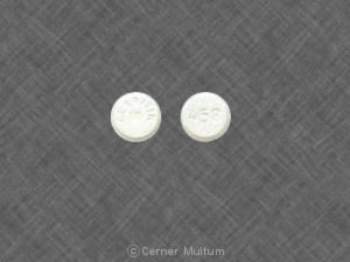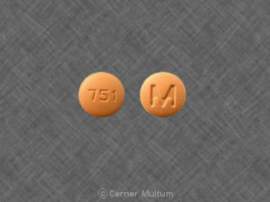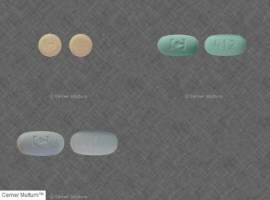
Claritin Lawsuit

A Brief Guide to Filing a Claritin Lawsuit
In 1993, the allergy medication Loratadine--the active ingredient in the over-the-counter medication Claritin--was approved by the FDA in treatment for hay fever and similar symptoms. The lack of widely reported Claritin side effects was part of the reason it was approved for over-the-counter use once its prescription-mandate expired.
Only one significant Claritin lawsuit was reported during the medication's availability as a prescription-only treatment. This litigation did not concern Claritin side effects.
The 2001 class-action Claritin lawsuit, instead, was filed by a number of consumer groups targeting the manufacturer's advertising efforts. The claim stated that Claritin's television advertising misled consumers with wording designed to suggest every person taking it would obtain relief from their syndromes. Accordingly, this Claritin lawsuit stated that the manufacturer had charged more than the medication was worth.
In 2003, this case was finally rejected by the New Jersey court system. As part of its ruling on this Claritin lawsuit, the court determined that advertising claims regarding the medication's efficacy was not "fraud," but instead "fluff." Charges were dismissed.
The medication Claritin D combines the original drug's anti-allergy properties with a decongestant. To date, the only significant Claritin lawsuit concerning its use was filed in 2004. This litigation concerning Claritin D was not prescribed against the manufacturer. Instead, this litigation regarding Claritin side effects was advanced against the doctor who issued it to a patient, resulting in her death.
The justification behind this Claritin lawsuit concerned malpractice. Claritin D instructions clearly warn that the medication is not appropriate for people who have high blood pressure. In such cases, Claritin side effects can be expected. The doctor who was targeted by this Claritin D lawsuit had information that his patient had high blood pressure but issued the drug anyway. The Claritin side effects raised the patient's blood pressure, ultimately leading to her death.
It is not known how this Claritin lawsuit was resolved; however, the principles behind this Claritin D lawsuit were sound. Claritin side effects that are serious, long-lasting or fatal are unlikely to occur unless packaging instructions are disregarded. Therefore, litigation regarding Claritin D cannot proceed unless the drug was taken under a physician's instruction, an unusual circumstance for an over-the-counter medication.
You are unlikely to need to litigate over Claritin side effects. Claritin D and related medications have been available without a prescription for years without significant reports of adverse effects. In the unlikely event that you experience severe Claritin side effects despite proper use of the drug, report these to the FDA. Such unusual responses to Claritin D or similar medications will be taken into consideration if a review of the drug's safety is deemed appropriate.
Sources:
1. “Loratadine” United States National Library of Medicine retrieved from:
http://www.ncbi.nlm.nih.gov/pubmedhealth/PMH0001010/



















